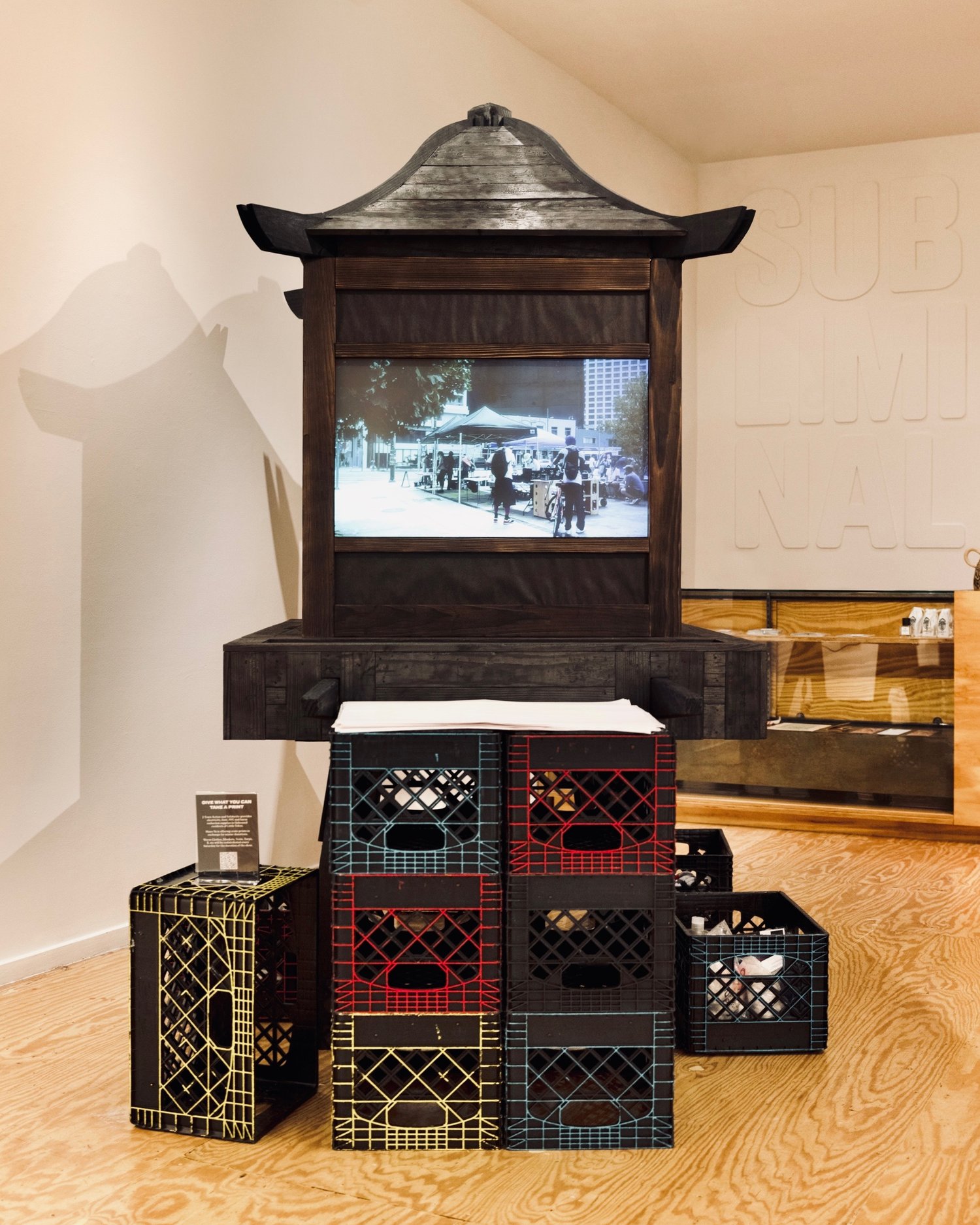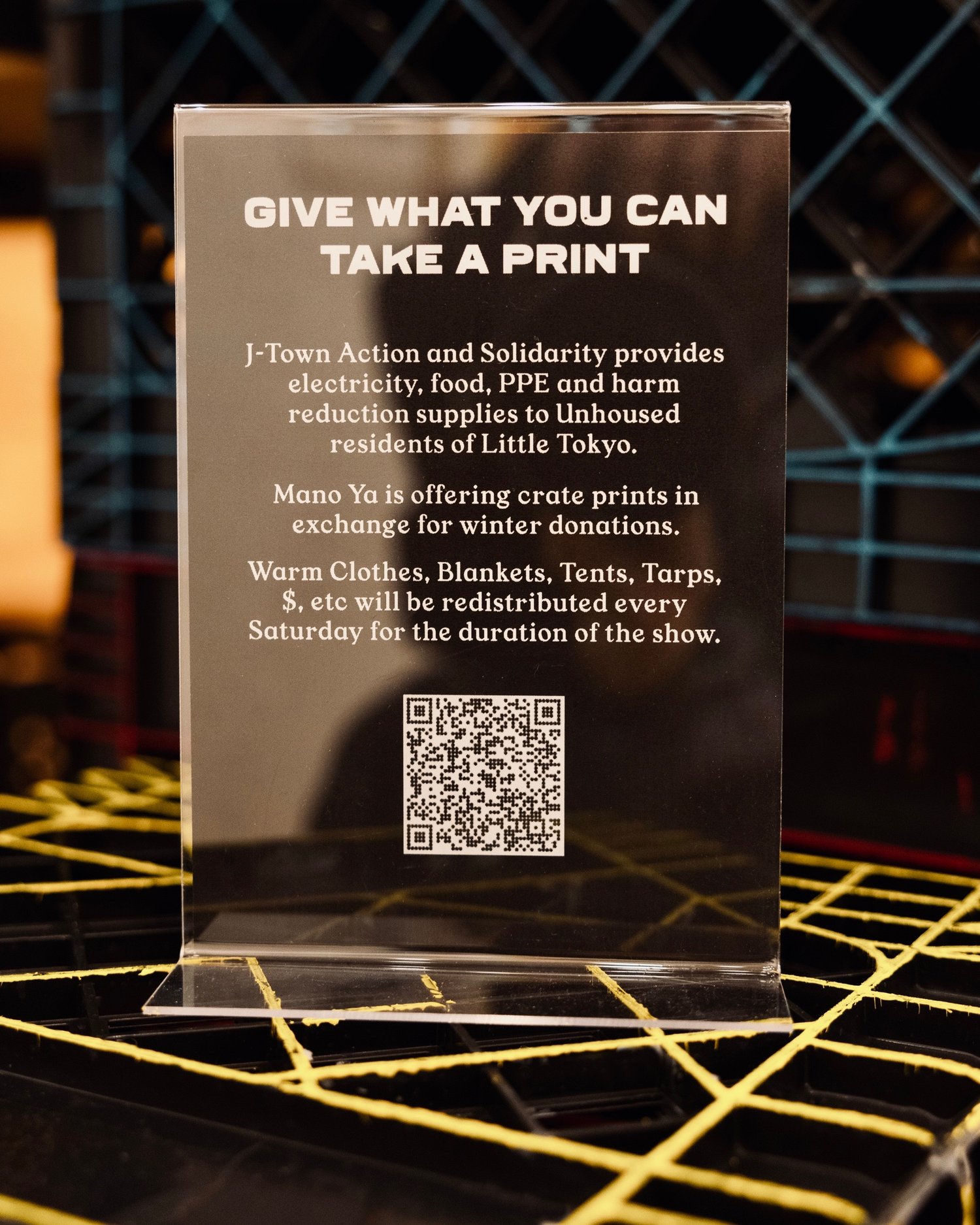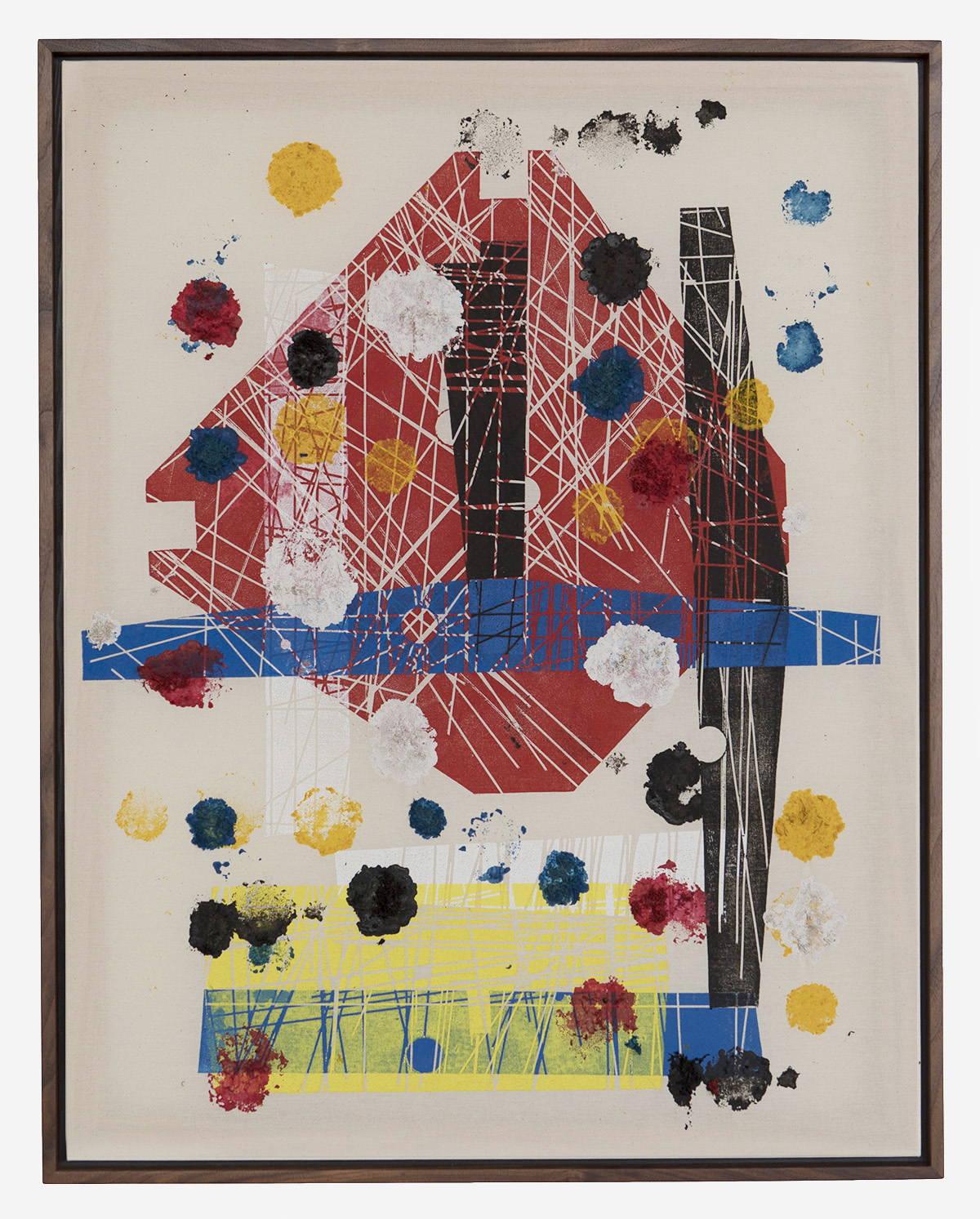J-Town Mikoshi
For Folk Medic II, our contribution celebrates the spirit of resistance in gentrifying neighborhoods in Los Angeles. We work to build new systems of support, power and collective healing by using our creative labor and resources to change the way we think about art production and exhibition spaces.
The J-Town Mikoshi is modeled after the portable Japanese Shinto shrines used in festivals known as Matsuri. A Mikoshi houses the spirit of the community, and is carried through the streets to be honored in the presence of gathered people.
The procession of the Mikoshi is filled with loud chants and lots of sake drinking, the spectacle brings together the polarity of seriousness and celebration; reverence and revelry. Often as a Mikoshi passes, bystanders toss coins with personal prayers and hopes for a healthy future.
It is believed that the potential of the community can be revived by eliminating stale and contaminated forces built up during the recent past.
We invite visitors to drop off items to help our Unhoused neighbors survive the winter (warm clothes, blankets, socks, etc). We will be redistributing items to J-Town Action と Solidarity and We the Unhoused mutual aid Power Up in Little Tokyo for the duration of the show.
We are offering crate prints in exchange for winter donations. The prints refer to the color coding of Power Up crates:
Cyan: PPE and Harm Reduction
Magenta: Electricity
Yellow: Food
Black: Clothes
J-Town Mikoshi is made using a simple frame and panel construction of charred cypress and tar paper, combining the technique of yakisugi, a process that strengthens and protects the wood from the elements, with the infamous material used to build the barracks of Japanese Incarceration.
Short films included:
Excerpts from Voices, a short film series about Los Angeles and what it means to be Asian American and Asian in America. These films celebrate and highlight the powerful voices of Little Tokyo and how these incredible vocalists help to fight the erasure of culture.
Atomic Nancy of the legendary punk hang out The Atomic Cafe performs Lands of the Rising Sun, in her home in J-Flats. Nancy wrote this song when she was 17 as the lead singer for the band Hiroshima.
Revolutionary, Mo Nishida, sings The Spirit Run Song given to him on the last day of his second vision quest. Performed at The Chinatown Ceremonial Space.
Time lapse of J-Town Action と Solidarity and We the Unhoused Power Up in Little Tokyo.
Nimbyland and Sweep excerpts from We the Unhoused used in combination with activist Steven Chun’s footage from the March 25th protest against the violent removal of the Unhoused community at Echo Park Lake. We the Unhoused is a podcast created by Theo Henderson that lifts the voices and struggles of the Unhoused.
Thank you to everyone who was able to donate! If you are able please support J-Town Action と Solidarity to sustain mutual aid in Little Tokyo!
JtownAction.com/donate


Martha’s Tarima
Simultaneously a stage, dance platform, and percussion instrument, Martha’s Tarima embodies all aspects of performance. The tarima is made of solid Maple, one of the most commo tonewoods for drum building, giving it a warm clear tone while maintaining a loud and bright sound it also features a hand rubbed color finish and hand cut dovetail joinery. Martha Gonzalez is a singer, songwriter and percussionist for the Grammy Award winning East Los Angeles band, Quetzal. In 2012, Quetzal and fellow artist/activis Nobuko Miyamoto collaborated to produce FandangObon, an annual festival in Los Angeles that brings together the Japanese, Mexican and African-American communities to share participatory music and dance traditions in order to celebrate Mother Earth. Mano Ya was extremely pleased and humbled to create a special tarima for Martha and Quetzal on the occasion of FandangObon 2017, held in the Isamu Noguchi Plaza at the Japanese American Cultural and Community Center.
Hand Finished Oil Color on Maple
7” H x 44” L x 22 W

The Z/N Chairs were conceived with color in mind, since 2012, Mario Correa has incorporated woodworking marks and woodshop detritus into his painting process, printing cuts and gouges of shop tools and painting with color soaked sawdust. Material for this practice is generated from the actions of sculpting lumber into the legs, backs, and seats of the chairs. The recorded gestures are cut into
printing blocks that take the shape of the chair parts, the woodblocks are then painted and hand pressed onto canvas. To reflect this process, MANO YA hand rubs color finishes onto Oak and Vertical Grain Douglas Fir.
Untitled Z/N Red Seat
2017
Acrylic, Ink, Sawdust on Canvas
Walnut artist Frame
43 x 34 x 1-1/2″
Untitled Z/N Black Seat
2017
Acrylic, Ink, Sawdust on Canvas
Walnut artist Frame
43 x 34 x 1-1/2″
printing blocks that take the shape of the chair parts, the woodblocks are then painted and hand pressed onto canvas. To reflect this process, MANO YA hand rubs color finishes onto Oak and Vertical Grain Douglas Fir.
Untitled Z/N Red Seat
2017
Acrylic, Ink, Sawdust on Canvas
Walnut artist Frame
43 x 34 x 1-1/2″
Untitled Z/N Black Seat
2017
Acrylic, Ink, Sawdust on Canvas
Walnut artist Frame
43 x 34 x 1-1/2″


Z/N Chair in Primary Colors
2017
30″ H x 22″ W x 22″ D

